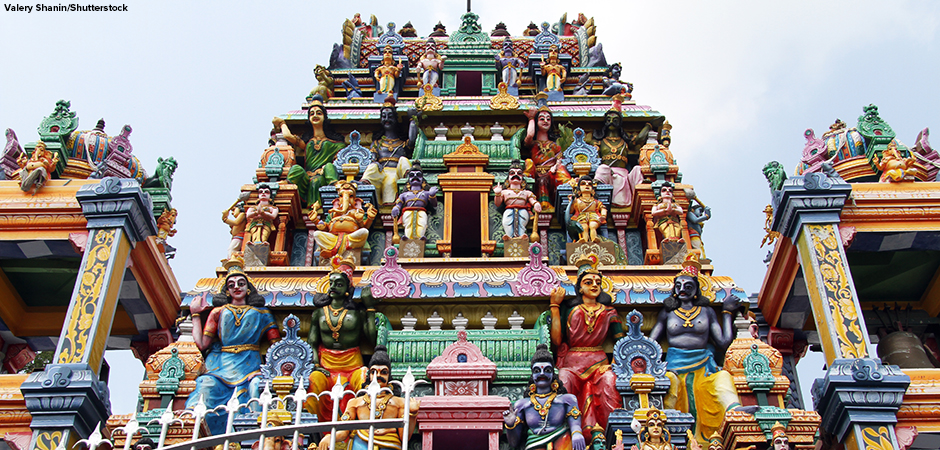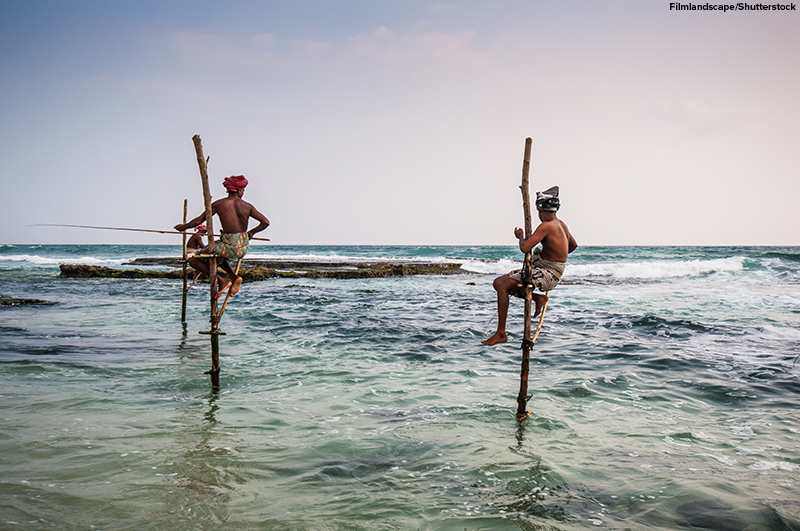
The people of Sri Lanka, the island country located southeast of India, elected a new president: Anura Kumara Dissanayake. Dissanayake has vowed to end government corruption and strengthen the country’s economy.
Who Is Anura Kumara Dissanayake?

Dissanayake was born in 1968 in Galewela, a town in central Sri Lanka. Dissanayake attended college and acquired a degree in Physics. While in school, Dissanayake became an active supporter of Marxist political groups. Marxism is a political, social, and economic philosophy developed by German philosopher, Karl Marx. Marxism believes that the ruling class has exploited workers, leading to the uneven distribution of wealth and privileges. Marxism encourages workers to fight and end this injustice. Dissanayake is the leader of the National People’s Power Alliance, and the Janatha Vimukthi Peramuna (JVP), or the People’s Liberation Front. The JVP was known for violent attempts to take over the Sri Lankan government.
In 1987, India tried to end Sri Lanka’s ethnic conflict between the majority Sinhalese and the minority Tamil community. The JVP was banned by the Sri Lankan government because it resented India’s involvement in the conflict. The JVP wanted to overturn the agreement that India negotiated. Violence erupted between Sri Lankan forces and the JVP, killing thousands of people.
Changing Tactics
In the 1990s, Dissanayake re-entered politics. He apologized for the JVP’s violent behavior and vowed to work peacefully within the government to bring about change. Dissanayake presented himself as a candidate who was not a bureaucrat that only cared about the government’s interests. He realized that his party needed to work with other parties to be voted into power. He built a new political party that included women’s groups, youth groups, and trade unions.
As Dissanayake became more popular with Sri Lankans, the Sri Lankan economy was approaching a crisis. Inflation was at 70 percent. The country’s debt rose to $83 billion. The poverty rate and cost-of-living skyrocketed. Government tax increases and social welfare program cuts failed to fix the problems. These tax increases and program cuts created more groups of people who were in desperate financial circumstances. Mass public protests were successful at forcing the country’s president, Gotabaya Rajapaksa, out of office in 2022. A temporary president took control of Sri Lanka, but the economy continued to fail.
Becoming President
Dissanayake decided to run for president. His main campaign message supported fixing the failing economy. He promised to develop the manufacturing, agriculture, and information technology sectors of the economy. He also promised to work with international organizations to pay off Sri Lanka’s debt while making sure that budget cuts do not affect the poor.
Even though Dissanayake remains the head of Sri Lanka’s Marxist party, he now says that he supports more free market economy principles. In addition, Dissanayake promised to hold politicians and government leaders responsible for corruption and using their office to acquire privileges. On September 21, 2024, voters elected Dissanayake the next president of Sri Lanka.
